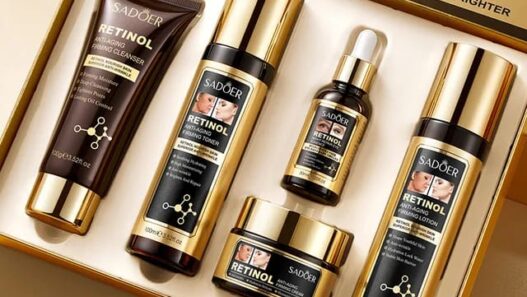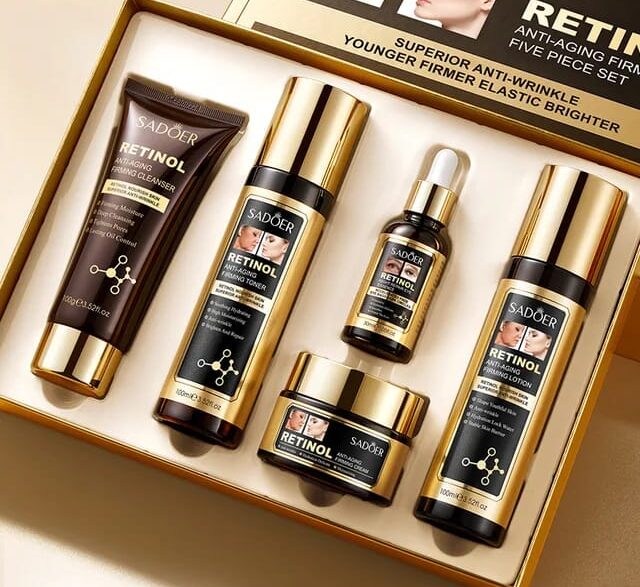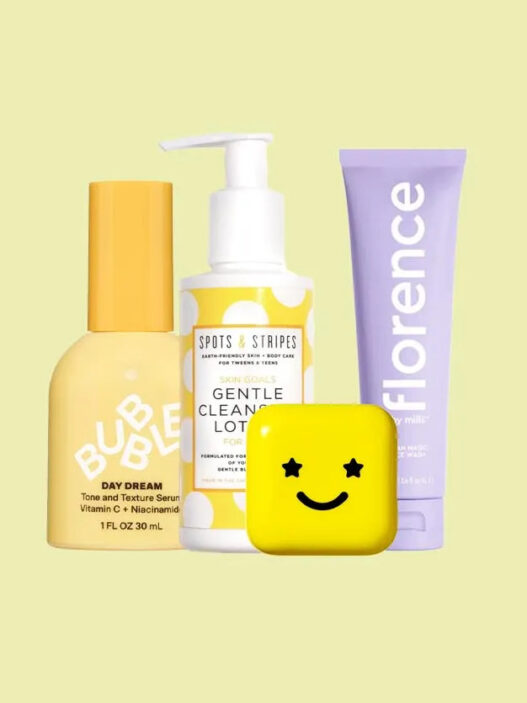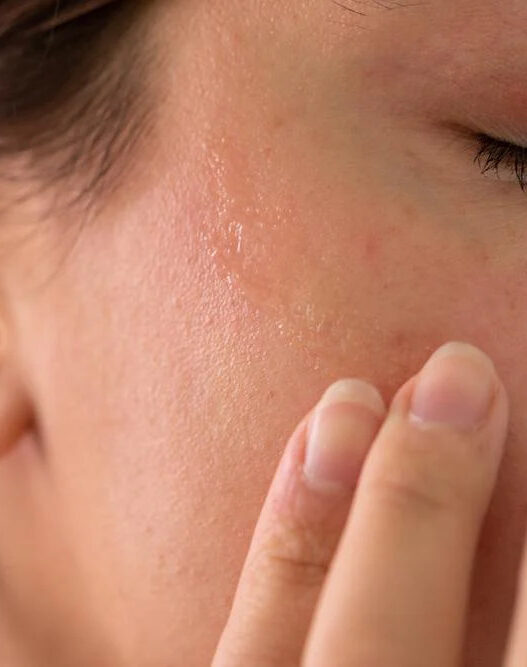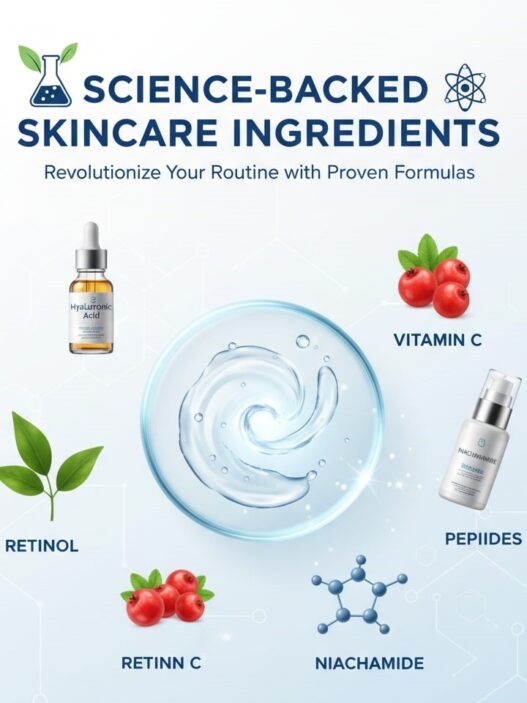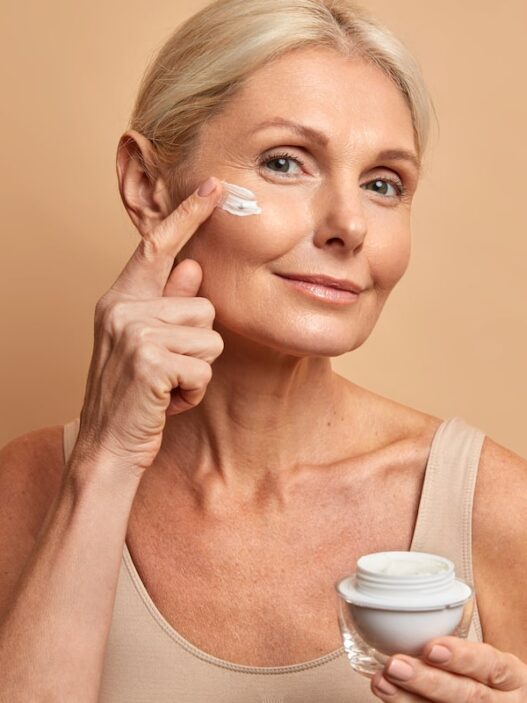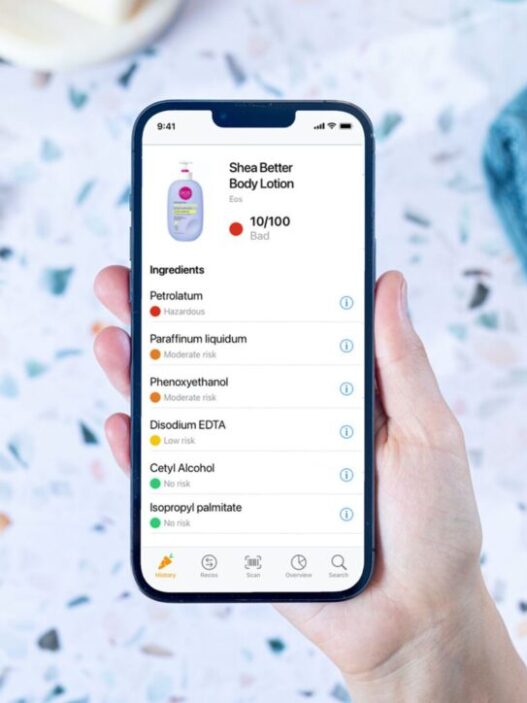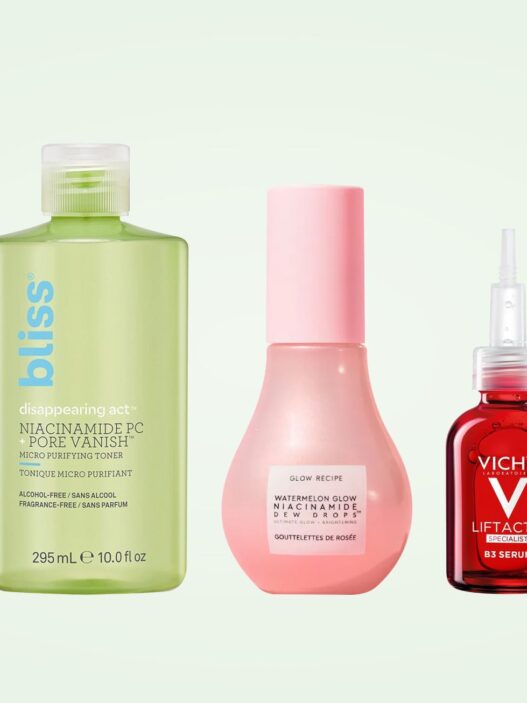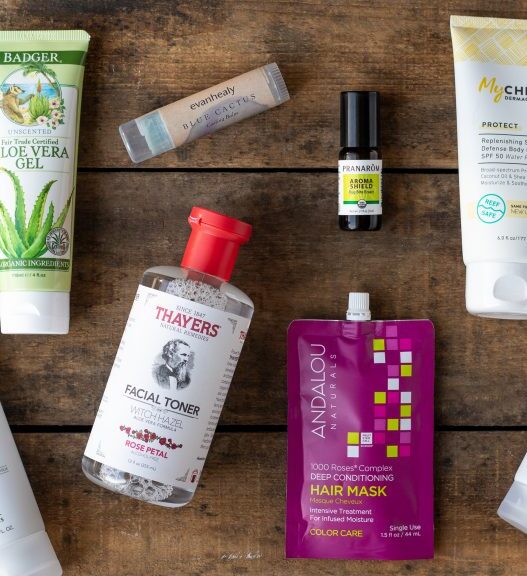Retinol has become a popular ingredient in skincare products today. The visible outcomes of achieving better skin texture and reduced aging signs make it a preferred choice among dermatologists and beauty practitioners.
If you want to upgrade your skincare routine, retinol skincare is the way to go. This article will guide you through what retinol is, how it works, its benefits, and how you can use it safely.
What’s Retinol?
Retinol is a type of Vitamin A found in many skincare products. It is classified as one of the retinoids. What are these compounds called? Retinol, which is less active than prescription-strength retinoids, can be found in over-the-counter creams and serums. It stimulates new cell turnover and boosts collagen production when applied to the skin. Over time, the skin becomes more even, firmer, and glowing by the use of retinol skincare.
Types Of Retinol In Skincare Products
Retinol skincare is available in multiple forms, each offering different strengths-
- Retinyl Palmitate – The mildest form, great for beginners with sensitive skin.
- Retinyl Acetate & Retinyl Propionate – Gentle derivatives used in creams and lotions.
- Retinol – The standard and most commonly used over-the-counter form.
- Retinaldehyde (Retinal) – Stronger than retinol and works faster, but still less irritating than tretinoin.
- Retinoic Acid (Tretinoin) – Prescription-only form, very effective but can cause more irritation if not used carefully.
Dermatologists often advise starting with gentler forms and gradually moving to stronger ones as the skin adjusts.
Benefits Of Retinol In Skincare
Reduces Fine Lines And Wrinkles
One of the primary reasons why people use retinol is its anti-aging effect. Regular application of retinol skincare can help to reduce fine lines and reveal more prominent wrinkles. This helps to keep the skin looking fresh for days.
Improves Skin Texture
Dead skin cells are eliminated faster by retinulose, which promotes cell renewal. Hence, the skin appears more even and smooth.
Brightens Dull Skin
Dark spots and sun damage are reduced with regular use of retinol. Its effects on the skin are increasingly noticeable as it gets older.
Controls Breakouts
Retinol can be beneficial for individuals with acne-prone skin. Besides blocking pores, it also reduces oiliness and speeds the healing process of acne scars.
How To Start Using Retinol
For those who are new to retinol, it starts at a slow pace. Due to its strength, your skin requires time to adjust to Retinol. Start with a low concentration (0.25% or 0.3%). Use 2-3 times a week during the evening.
Note- The frequency increases gradually as your skin becomes accustomed to it.
Follow up retinol with moisturizer to prevent dryness.
Best Time To Use Retinol
Retinol should be taken only during nighttime. Your skin may become more sensitive due to sunlight, which can decrease its effectiveness. Use a sunscreen with high levels of protection, including SPF 30 or higher, during daytime. With regular use of Retinol Skincare fine lines and pigmentation can gradually fade.
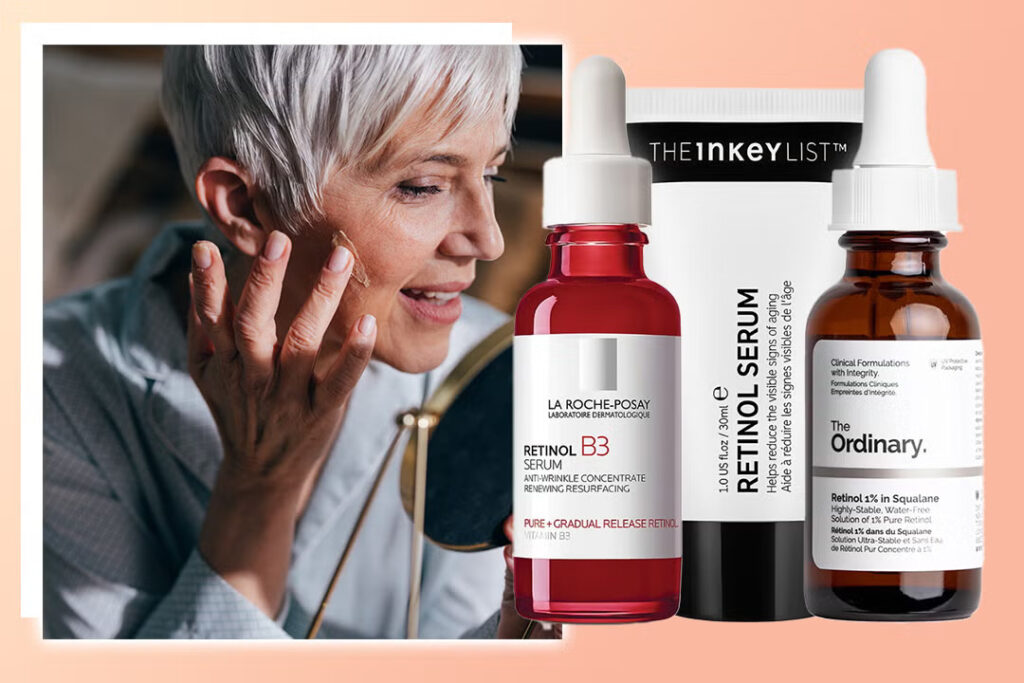
Who Can Use Retinol?
To prevent early aging, people in their late 20s or 30s can use retinol. Those with acne can also reap benefits from it. Those with highly sensitive skin should test their skin for oiliness before applying it to the face. Women who are pregnant or breastfeeding should avoid taking retinol unless they are advised otherwise by their doctor
How To Layer Retinol With Other Skincare Products?
Many people get confused about which step retinol should be applied in. Retinol should always be applied after cleansing and before moisturizing. If you are also using serums like hyaluronic acid, apply them first, then use retinol, and seal with a moisturizer. Never apply retinol and Vitamin C together in the same routine, as it may cause irritation.
How Can One Prevent Common Side Effects?
Dryness, redness and mild peeling may occur upon starting retinol treatment. This is normal and temporary.
Tips to minimize side effects:
- Start with a nightly absence of retinol.
- Always apply moisturizer afterward.
- Use gentle, non-irrigating cleaners and avoid harsh scrubs.
- Use sunscreen every day.
Retinol VS Other Anti-Aging Ingredients
Although vitamin C brightens the skin and helps fight off free radicals, its effect is not identical to that of retinol. Hyaluronic Acid hydrates and retinol assists in skin rejuvenation. Retinol is stronger than peptides and they help firm the skin.
Several individuals incorporate retinol into these ingredients at different times of day to achieve optimal results.
Additional Skincare Tips With Retinol
Stay patient. The clear presentation of retinol results takes around 8 to 12 weeks.
Don’t mix retinol with strong peeling agents or acids (like glycolic acid) on the same night. Maintain a balanced diet with high levels of antioxidants and drink plenty of water to nourish your skin from the inside.
Best Retinol Products To Try
- CeraVe Resurfacing Retinol Serum.
- The Ordinary Retinol 0.5% in Squalane.
- La Roche-Posay Retinol B3 Serum.
- RoC Retinol Correxion Deep Wrinkle Night Cream.
- Paula’s Choice 1% Retinol Treatment.
Conclusion
Retinol skincare is one of the most effective ways to target aging, acne, and dull skin. By using it daily, you can achieve a more youthful, radiant, and smooth complexion. Start with a gentle approach, moisturize your skin regularly, and use sunscreen. Your retinol skincare routine can completely transform your skin by retinol as you age.






